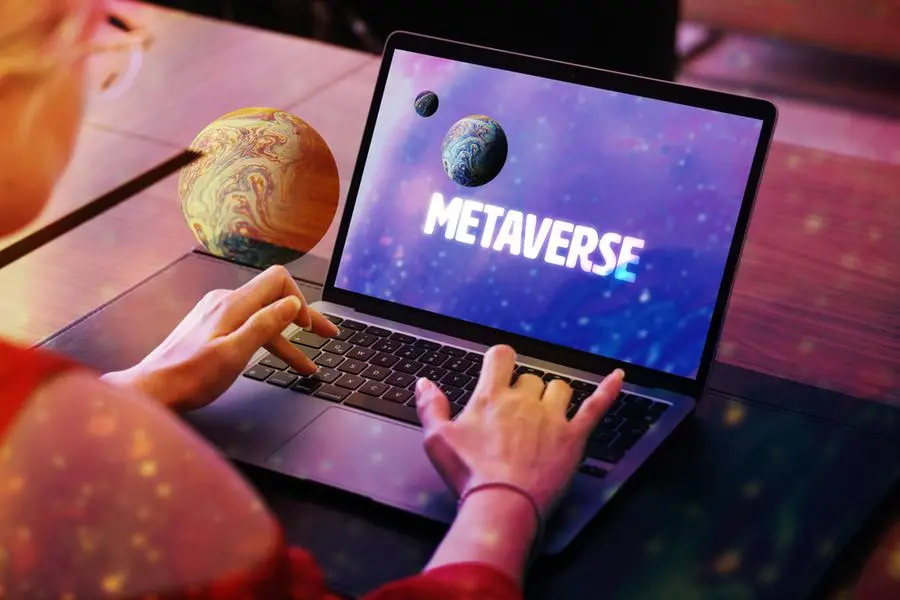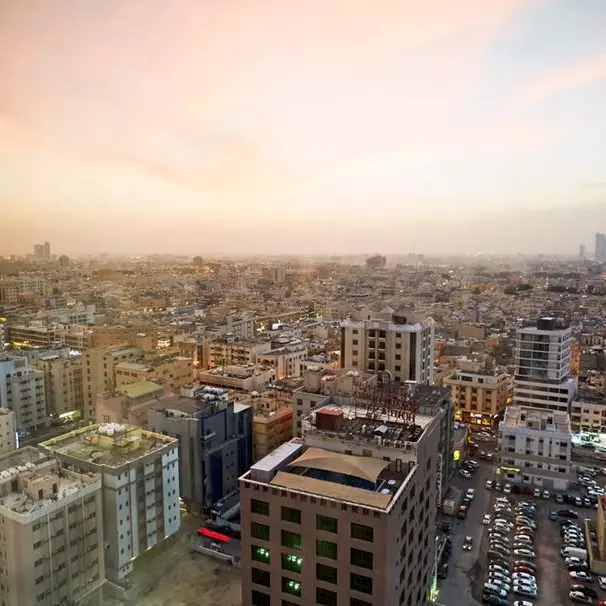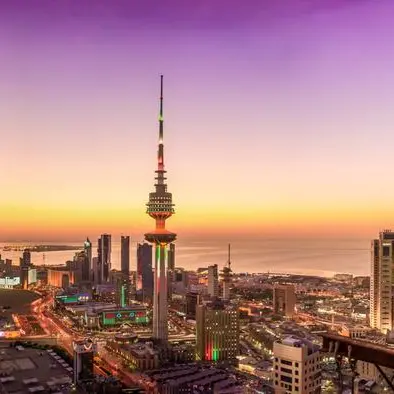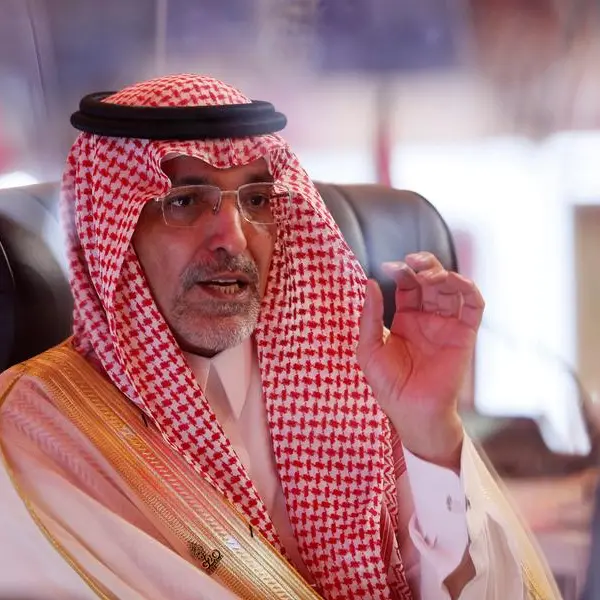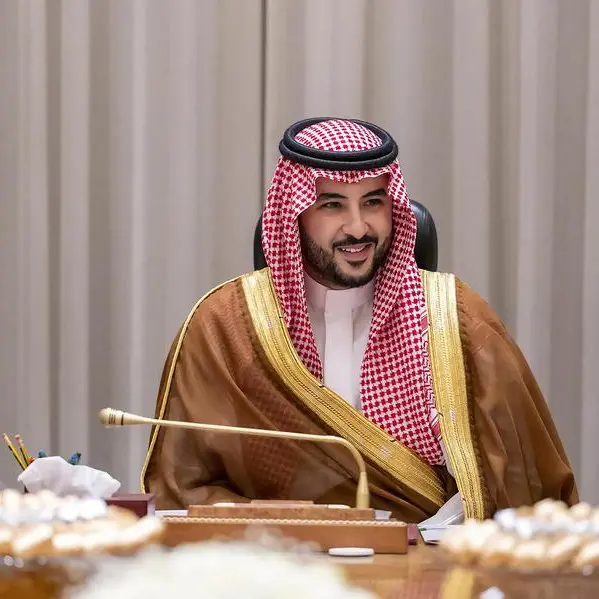PHOTO
The metaverse could contribute $15 billion to the GCC economy annually by 2030, with more than half of that amount going to Saudi Arabia, and nearly a quarter to the UAE, according to a new study by Strategy&.
The consulting company said travel and tourism is the sector that stands to reap the biggest reward at $3.2 billion, with an example of that being from potential for metaverse tours of touristic sites, for example the World Heritage site AlUla.
The study found that the contribution to Saudi Arabia’s economy could be as high as $7.6 billion annually and up to $3.3 billion to the UAE.
Tony G. Karam, partner, Strategy& Middle East, said projections assessed growth in the component technologies, platforms, hardware and software as well as economic contribution of new metaverse applications such as content creation and shopping.
Other uses of the metaverse include in the construction industry, for example, visiting virtual construction sites.
The UAE and Saudi Arabia are already both developing uses of the technology, the study showed. Dubai launched its metaverse strategy in July with the aim of adding $4 billion to the economy and creating 40,000 new jobs in five years, while nationally, the UAE has established the Middle East’s first metaverse incubator 8 to develop early-stage metaverse and Web3 applications.
In Saudi Arabia, gigproject NEOM uses the metaverse to inform construction and assist architects, engineers and designers. NEOM’s digital subsidiary has created a metaverse that allows people to be simultaneously in the city and the virtual world, in the form of an avatar or a hologram, Strategy& said.
Elsewhere in the GCC, the GCC will contribute $1.6 billion to the economy of Qatar, $1 billion to Kuwait $0.8 billion to Oman and $0.4 billion to Bahrain, the study concluded.
(Writing by Imogen Lillywhite; editing by Seban Scaria)
